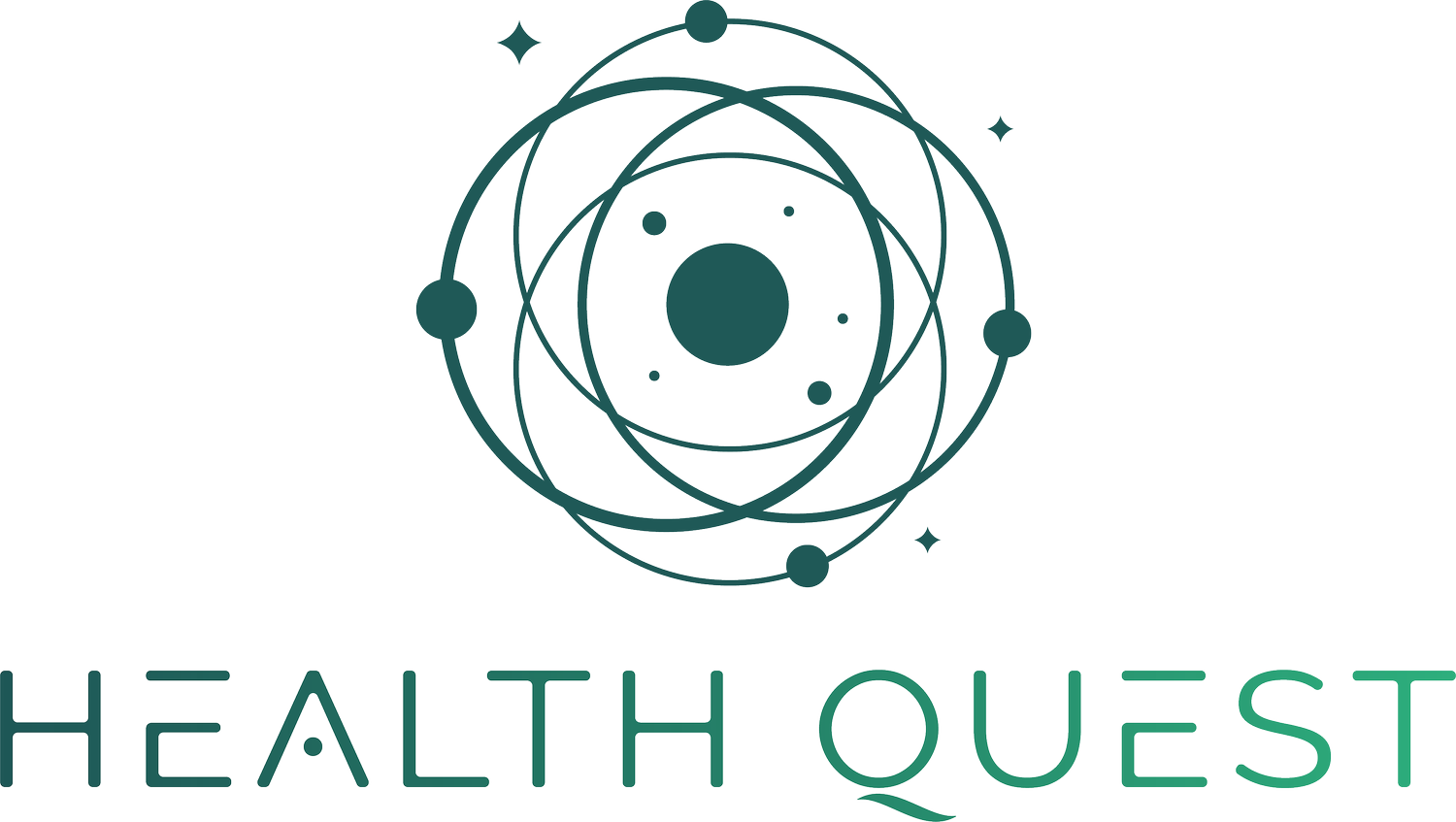Does OpenAI Like ChatGPT Surpass Human Intelligence (HI)?!
Stephen Hawking believed AI would give rise to the end of humans… OK but… but for real though… for REAL though?!
Comparing AI and HI
With the rise of OpenAI programs like ChatGPT, the general public has become increasingly interested in (and in some cases scared of) Artificial intelligence (AI). Furthermore, psychologists have become more interested in the juxtaposition between AI and human intelligence (HI). So how do they compare? One popular framework studied among cognitive psychologists that can be used to understand the differences between them is the CHC (Cattell-Horn-Carroll) theory of cognitive abilities.
The CHC theory posits that there are three broad categories of cognitive abilities that equate to a “global” IQ score: fluid reasoning, which are abilities that are relatively independent of acquired knowledge and experience, such as reasoning and problem-solving; crystallized intelligence, which are abilities that are based on acquired knowledge and experience, such as vocabulary and general information; and cognitive efficiency/processing abilities, which are abilities that underlie the other two categories, such as working memory and attention.
In terms of fluid abilities, AI has been shown to surpass human intelligence in certain areas, such as certain types of reasoning, problem-solving, and pattern recognition. For example, AI algorithms have been able to beat humans in complex games such as chess and have been used to make predictions and discoveries in fields such as finance and medicine. Have you noticed that “finish the sentence” feature on your phone? That is pattern recognition!
However, when it comes to crystallized abilities, humans still have an edge over AI. Humans have a vast store of qualitative knowledge and experience that they can draw upon, whereas AI systems are limited to the information they have been programmed with. Additionally, humans have the ability to understand and use language in a way that AI systems currently cannot, albeit apps like ChatGPT are getting really good.
In terms of processing abilities, AI systems are designed to excel in areas such as working memory and attention, as they can process vast amounts of data quickly and accurately. However, humans have the ability to emotionally prioritize between tasks as it relates to mental bandwidth and social expectations more easily than AI systems.
That being said, should we be scared? does it seem likely that AI will surpass HI?
Not any time soon.
Although it may soon exceed our cognitive intellectual abilities, it will not soon surpass comprehensive human intelligence. Why? Because human intelligence is based on a complex combination of cognitive intelligence in addition to intuitive emotional and social intelligence, which is difficult to replicate in an AI system. Additionally, human intelligence is deeply rooted in the ability to multimodally experience consciousness, which an AI can't. Consider some key advantages HI has over AI:
Flexibility: Human intelligence is highly adaptable and can be applied to a wide variety of tasks, whereas AI is typically designed to perform specific tasks and may not be able to easily adapt to new situations on its own.
Creativity: Human intelligence is capable of generating novel ideas and solutions, whereas AI is limited to the information and algorithms programmed within it. Programs like Midjourney are incredible! But they more accurately represent advanced derivations of existing work found online rather than manifestations of a unique human perspective.
Emotion and intuition: Human intelligence is influenced by emotions and intuition, which can play a role in decision-making and problem-solving. AI, on the other hand, is not capable of experiencing emotions or intuition, and decision-making is based solely on logical calculations and algorithms.
Generalization: Humans are able to generalize their knowledge to new situations, AI on the other hand, can only generalize based on the data it was trained on.
Self-awareness: Humans are self-aware and have consciousness, AI systems do not have consciousness or self-awareness.
Human intelligence also has a biological component, it is a product of evolution and it's shaped by the environment and personal experiences, whereas AI is purely a product of human design and engineering.
It's worth noting that AI is constantly evolving and researchers are working on creating more advanced AI systems that can overcome some of these differences, but for now, these are the main distinctions between the two. Today, it is better to view AI as complimentary to HI rather than supplementary.


